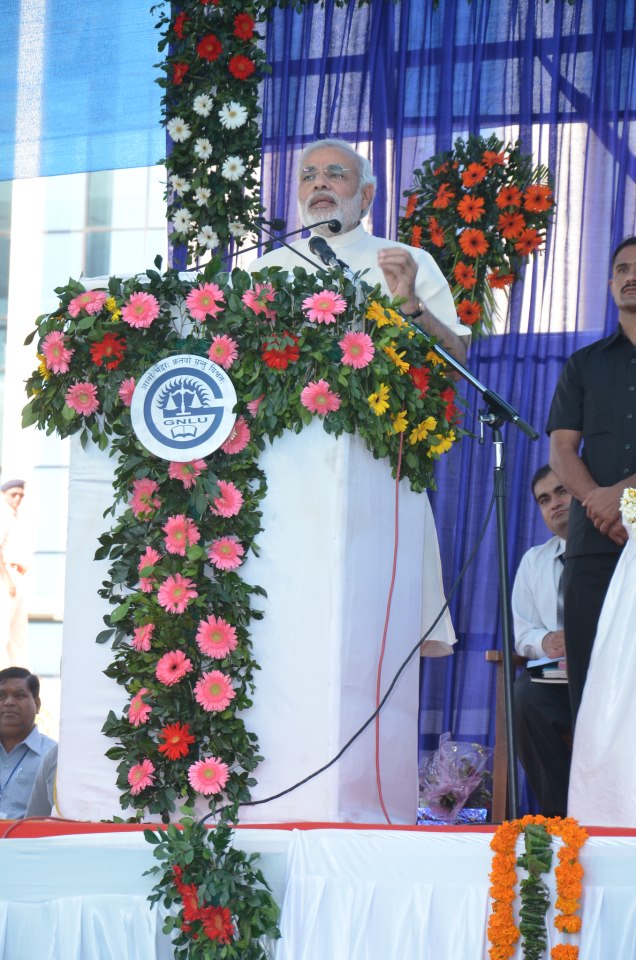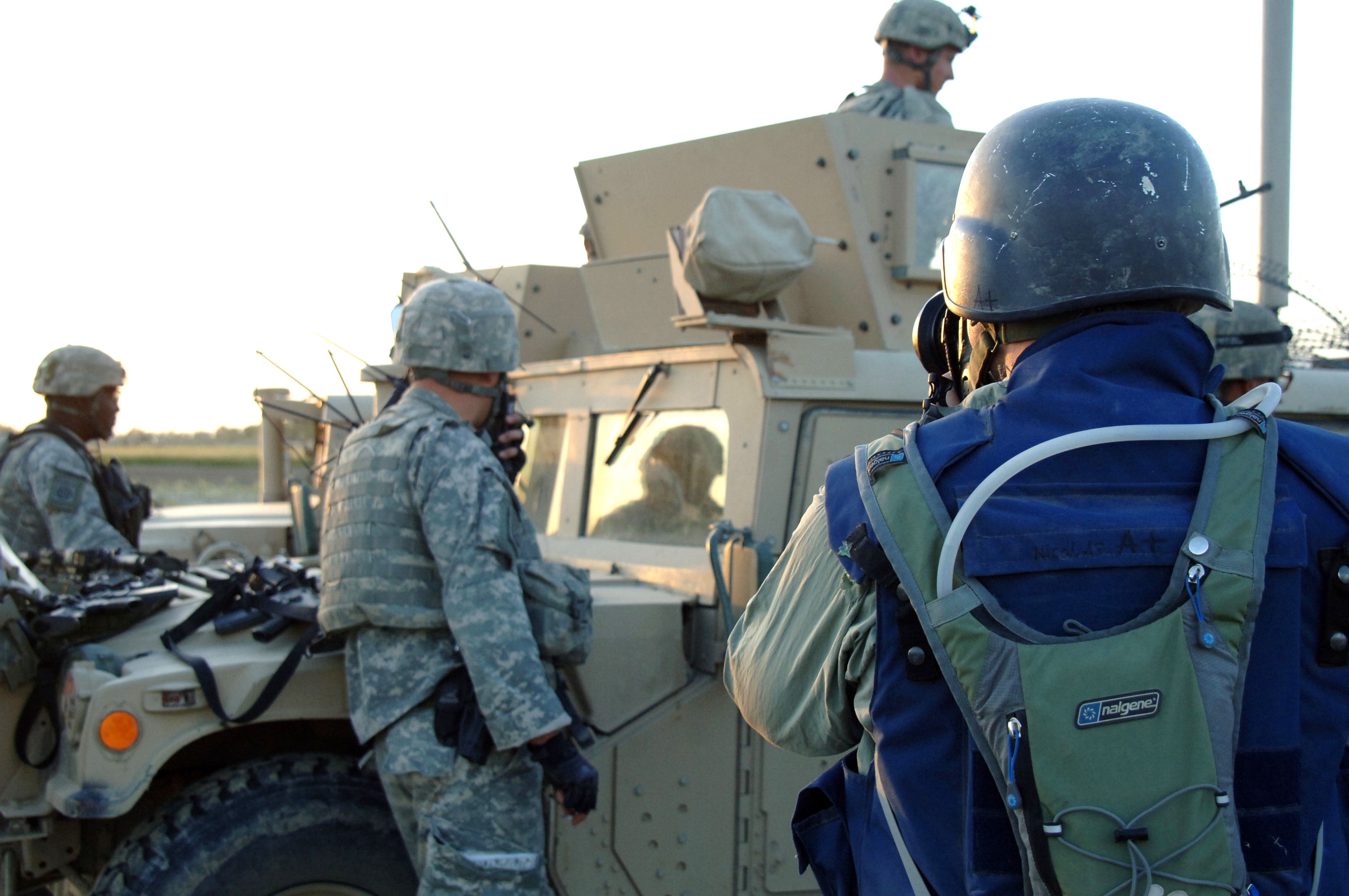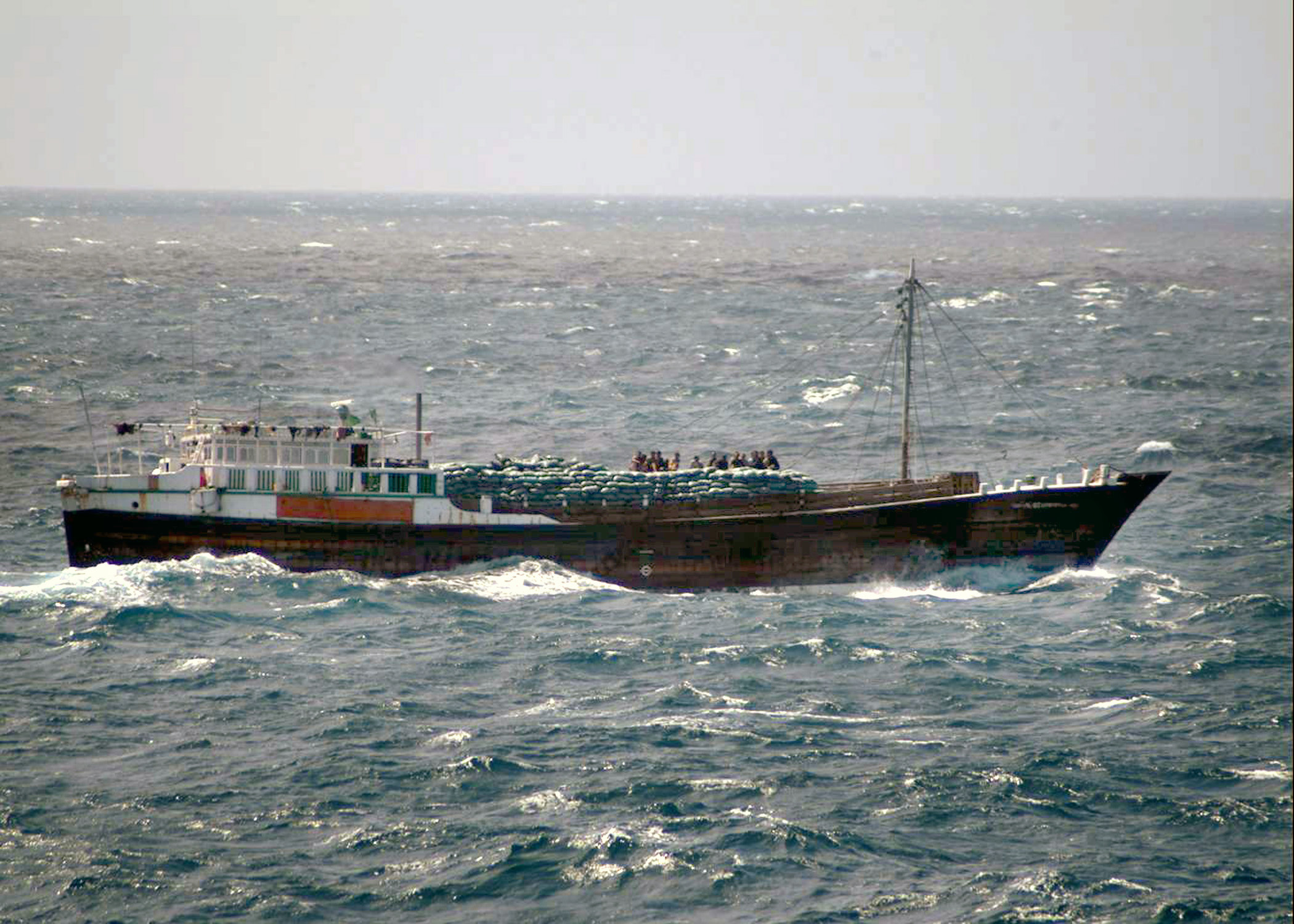The morning of October 20, 2014, brought shock to the community of Saint-Jean-sur-Richelieu, near Montreal, as well as to the rest of Canada. Martin ‘Ahmad’ Rouleau, 25, drove his car into two Canadian Forces personnel who were walking along a strip mall, killing one in the process. Following the incident, Rouleau was shot dead by police.
Rouleau was known to counter-terrorism authorities, who have since stated that he had become radicalized in recent years, forcing the RCMP to investigate the case as a possible terrorist attack.

Canadian Prime Minister Stephen Harper was briefed by authorities regarding the investigation, and was told of “clear indications of the individual becoming radicalized.” Canadian Security Intelligence Service (CSIS) commented on the incident, describing it as “the violent expression of an extremist ideology.” Investigators also took into consideration a Twitter account under the name Ahmad Rouleau and found its contents to be very disturbing. The account featured the banner of the Islamic State of Iraq and Syria (ISIS), and was filled with comments such as “Islam is the only true religion. Anyone who wants scientific proof of God that your terrorist Zionism Rothschild media hide, contact me or add me if you’re open minded.”
Many have since questioned the efforts being made to protect Canadians. Why was Rouleau not in police custody even though he was known to authorities as being an Islamic extremist? Investigators have since released further information on Rouleau, including that he was one of 90 suspected extremists the RCMP believed intended to join militants fighting abroad. In June, 2014, Rouleau’s passport was seized. During a news conference on Tuesday, October 21, RCMP Supt. Martine Fontaine explained to the media that authorities “could not arrest someone for having radical thoughts. It’s not a crime in Canada.”
A mere 48 hours following the rampage near Montreal, Ottawa experienced a similar tragedy, one which is now being questioned if it is also potentially linked to religious extremism. On Wednesday, October 22, 2014, Michael Zehaf-Bibeau stormed the Canadian Parliament, after killing reservist Cpl. Nathan Cirillo at the war memorial, and put the lives of the nation’s MPs in serious danger. Through investigation, the RCMP identified the shooter as Islamic convert Michael Zehaf-Bibeau. The RCMP further confirmed that the “attack was driven by ideological and political motives.”

In response to these recent shootings, many are pushing parliament to consider revisiting its laws regarding radicalism and those who hold beliefs associated with terrorism. In an effort to protect Canadians from future incidents, radicalized thought should be handled as a direct threat to the security of Canada and to the Canadian people.




